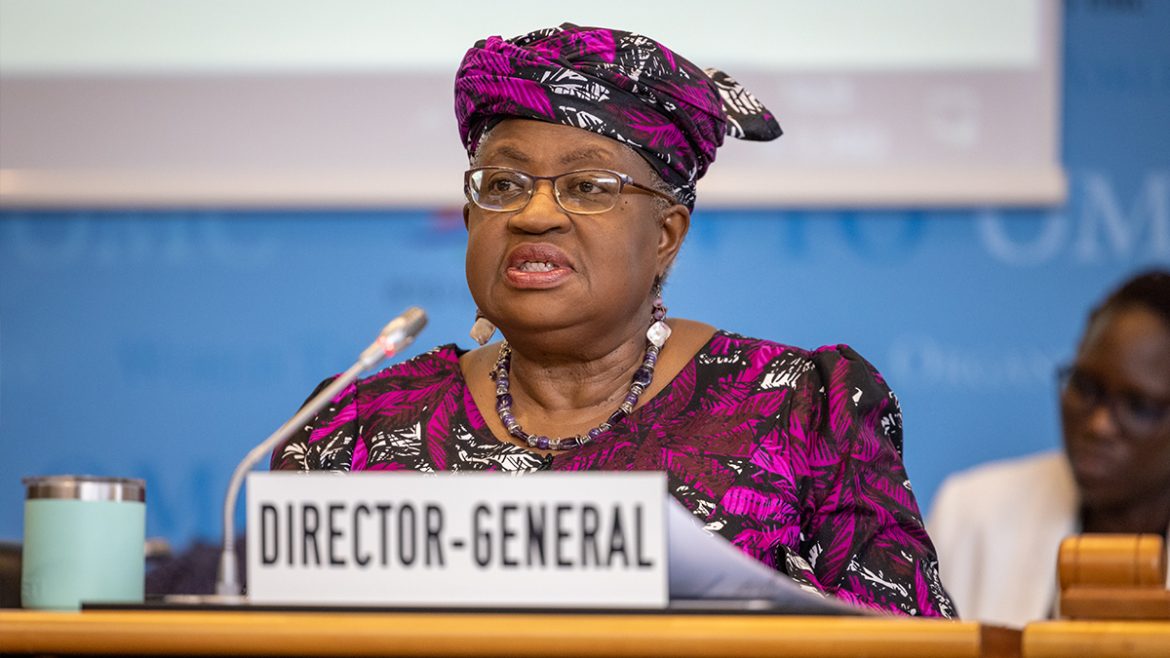Ngozi Okonjo-Iweala, the director general of the World Trade Organization has said that governments must start to distinguish between the good subsidies they need to fight the climate crisis and the bad ones that are increasing greenhouse gas emissions.
Iweala said that subsidies and other incentives to burn fossil fuels and encourage poor agricultural practices, amounting to about $1.7tn a year, are distorting world trade and hampering the fight against climate breakdown.
“Can you imagine if we said, we are going to repurpose those subsidies into other friendly subsidies, like for research and innovation?” she said. “I don’t mind that kind of subsidy.”
She gave the example of clean cooking stoves in the developing world. Instead of subsidising fossil fuels, governments could subsidise clean stoves that use solar power or electricity instead of burning wood.
“These kinds of subsidies, no one would be against,” she said.
She explained that developed countries devote more money to fossil fuel subsidies than the poor world, so if they reduced those emissions-increasing subsidies, they could free up cash for the poor world, to pay into climate finance such as the loss and damage fund for poor and vulnerable countries.
Read also: Climate change Minister tells Cop28 to ‘end the use of fossil fuels’ in energy systems
She also urged countries to bring their trade policy in line with the goal of limiting global temperature rises to 1.5C (2.7F) above pre-industrial levels.
“Countries need to review the import tariff regimes to make sure they’re not charging less for polluting items, and charging more for the green items,” she said. “At the WTO, we’ve noticed that import tariffs in many countries on renewables are on average higher than tariffs for fossil fuel goods.”
She said that in many countries for instance, the tariffs on imports of secondhand petrol or diesel cars are lower than those on hybrid or electric vehicles.
“So you’re disincentivising the very thing that will help you get to net zero,”she said. “Trade is an important and positive force the for the net zero transition,” she said. “But it’s not being paid attention to as a positive force.”
She further urged governments to make sure that all their public procurement was aligned with the 1.5C goal. According to her, public procurement amounts to about $13tn annually around the world, or about 13% of global GDP, but few countries have policies in place to ensure that the goods and services they buy are green, such as electric school buses or renewable energy for hospitals.
“As a consequence, public procurement alone is responsible for about 15% of greenhouse gas emissions, said Okonjo-Iweala. “We are saying to our members and to the public, this is such a powerful amount of money, could you please use green tenders when you’re trying to purchase government goods and services? This would be such a powerful push to bring down greenhouse gas emissions,” she said.
Story was adapted from the Guardian.
